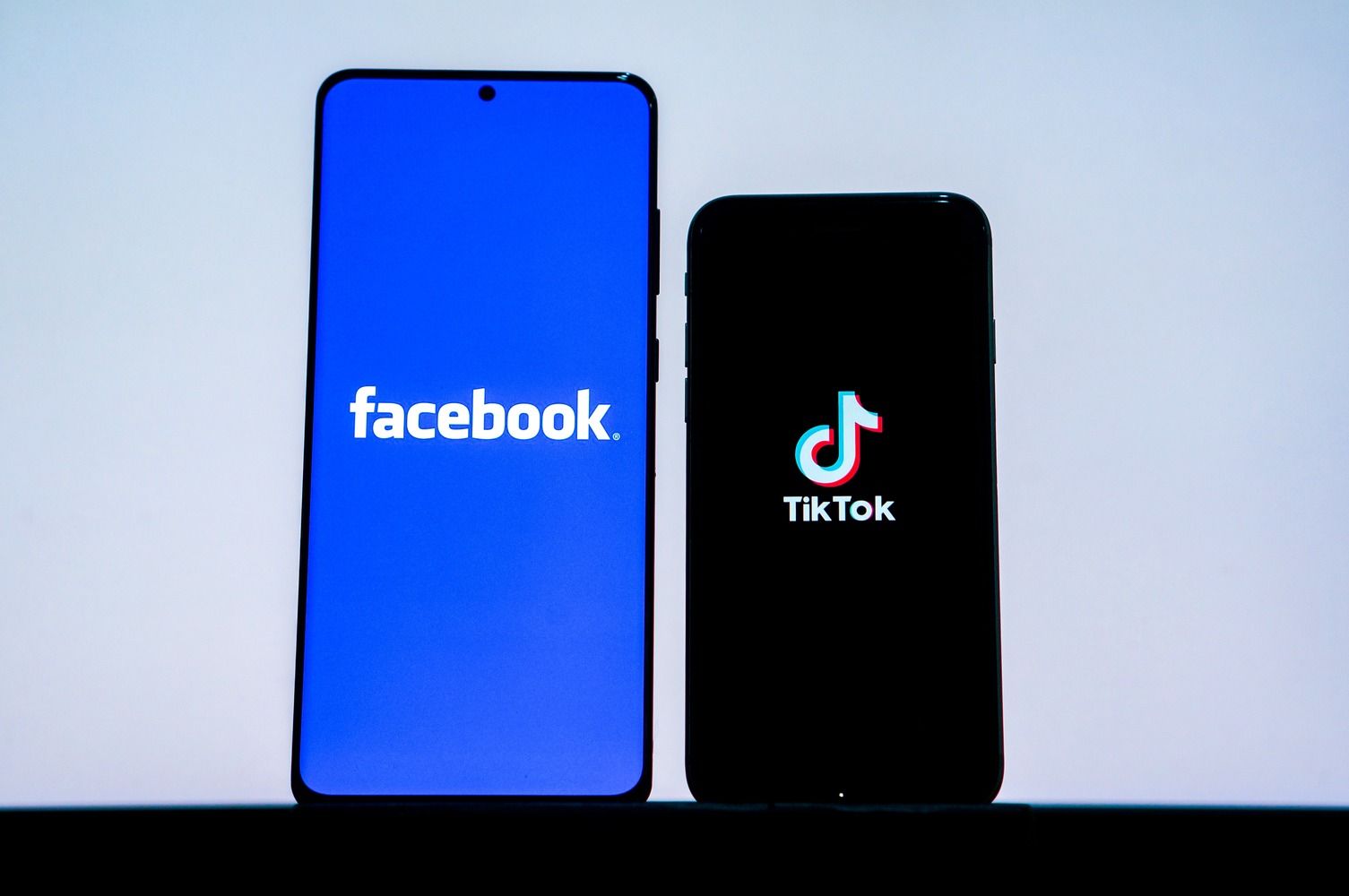- 51% of people believe TikTok will overtake Facebook. However, this belief decreases with age
- 55% of 18 to 24-year-olds agreed with this sentiment compared to 29% of 65+
By 2027, social media powerhouse TikTok is expected to generate more revenue from online video advertising than YouTube and Meta combined.
In light of this, we conducted a survey and revealed our findings below.
Our Survey
One of our questions in the survey was, “how likely or unlikely do you think it is that TikTok will take over from Facebook as the dominant social media in the near future?” overall, 51% believed this is a possibility. 22% believed it was very likely, 29% believed it was somewhat likely, and 12% thought it was very unlikely.
CEO of BanklessTimes.com
The survey was carried out between the 2nd and 9th of November 2022 and conducted in partnership with OnePoll. The survey asked over 2000 US adults who use social media weekly about their views on Facebook and Meta.
Survey Showed Younger and Older Generation Views Differ
55% of 18-24-year-olds believed that TikTok will overtake Facebook, while only 29% of those aged 65 and over thought this would be the case. Overall, agreement with this sentiment decreased with age in the survey.
The result might not be that surprising, as 25% of TikTok users are teenagers. Older adults mostly use social media to stay in touch with family and friends, while younger generations are more likely to watch the latest viral reels and engage more with content creators.
Which Age Group Trusts TikTok to Build a Metaverse?
When asked, “which companies, if any, would you trust to build a metaverse?”, 20% stated that they would trust TikTok, with those aged between 25-34 most in favor at 24%. However, only 10% of those aged 65 and over said they would trust TikTok to build a metaverse.
More than any other generation, Gen Z places a high value on online communities. Metaverses allow younger people to engage and socialize in immersive environments that mimic the real world. Decentraland, Roblox, and Meta are examples of virtual playgrounds where people can connect in active online communities with shared interests.
Older generations are less exposed to this type of entertainment, so metaverse technologies may not have the same appeal or interest.
How has TikTok Become More Popular than Facebook?
According to Reuters, TikTok’s parent company is Bytedance, which has a valuation of over $300 billion.
On TikTok, making friends and maintaining one’s privacy is less important than trying to go viral with an entertaining reel. In recent years, its user base has multiplied, and users spend a remarkable amount of time using the app.
To date, Bytedance has rejected all attempts by Mark Zuckerberg to clone or take over the platform. TikTok is now winning the battle for the target demographic of social media users, which are those between the ages of 18- to 25-year-olds, where Facebook sees the biggest decline.
Facebook’s Revenues Have Plummeted, and User Growth Has Frozen
According to Meta’s press releases, the social network’s revenue has declined since 2021. This is due to the fact that although the number of monthly active users has remained relatively high, Facebook has also experienced a fall in the number of new users joining the network.
TikTok Is the Main Catalyst Behind Facebook’s Decline
In the case of TikTok, the situation is exactly the opposite. TikTok’s annual revenue was $4.6 billion in 2021 and is expected to grow to $12 billion by the end of 2022. This is thanks to the app’s rapidly growing user base.
Given these facts, many have suggested that TikTok is the main cause of Facebook’s revenue and user growth decline. While correlation does not always mean causation, there is a connection between the relative success and failure of the two companies.
Facebook’s Attempts to Climb Back on Top
In 2018, Facebook initially attempted to eliminate the app. The American social media giant released a copycat app called Lasso, which failed to catch on and was eventually shut down by Facebook. By comparison, TikTok has been downloaded 656 million times outside of China, while Lasso was downloaded only 425,000 times during that time.
The same is true for Snapchat, whose popularity among US teens exploded after the introduction of “stories.” Facebook’s efforts to copy it in standalone apps like Poke and Slingshot were unsuccessful.
What is the Future of TikTok and Facebook?
ByteDance is focused on global expansion, particularly in the US, where the company has actively recruited employees from companies such as Snapchat and Facebook.
In addition, ByteDance faces the same difficulties with censorship as it has in the past. This time, US senators are concerned about TikTok’s acquisition of user data and want to know if China is censoring the content that American users of the app are viewing.
ByteDance is looking for methods to expand its offerings and audience, similar to other platforms. It will be interesting to see how Facebook will be affected by TikTok’s expected development and whether Facebook can turn things around.













